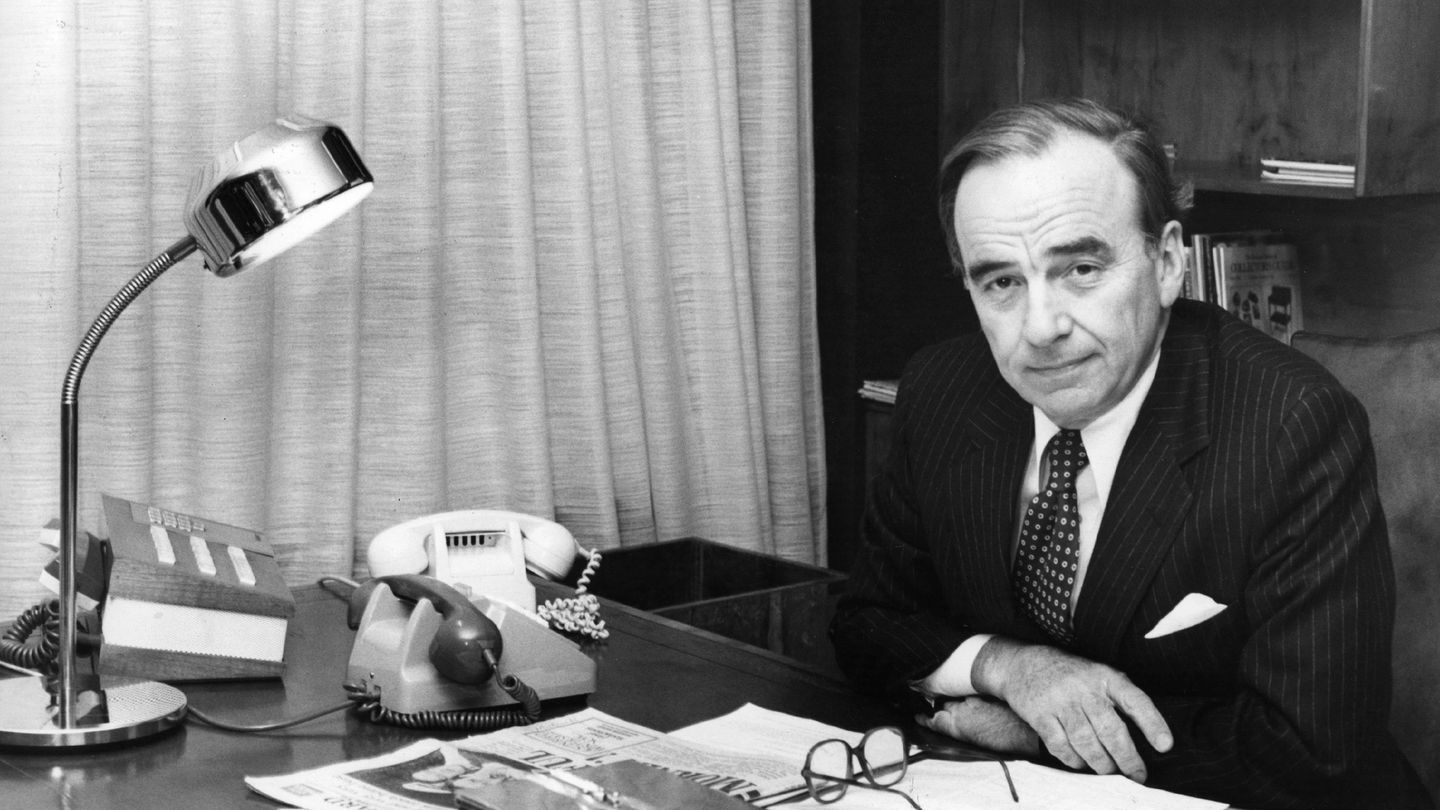
Business Advice -- 3 days ago

No matter what your political views are, it’s fair to say that what Rupert Murdoch has achieved from a business perspective is nothing short of extraordinary. As Michael Wolff said in his book ‘The Man Who Owns The News,’
Discover the perks of being a member
| Clubhouse Membership | |
|---|---|
| Two Magazines per yearDelivered to your door | |
| Full Access to Paywall contentAccess to all member-only online features | |
| Membership Cardto redeem all the perks. | |
| Members Invites to Exclusive Eventsto private Clubhouse events | |
| Weekly newsletter Straight to your inbox | |
To receive the latest in style, watches, cars and luxury news, plus receive great offers from the world’s greatest brands every Friday.
